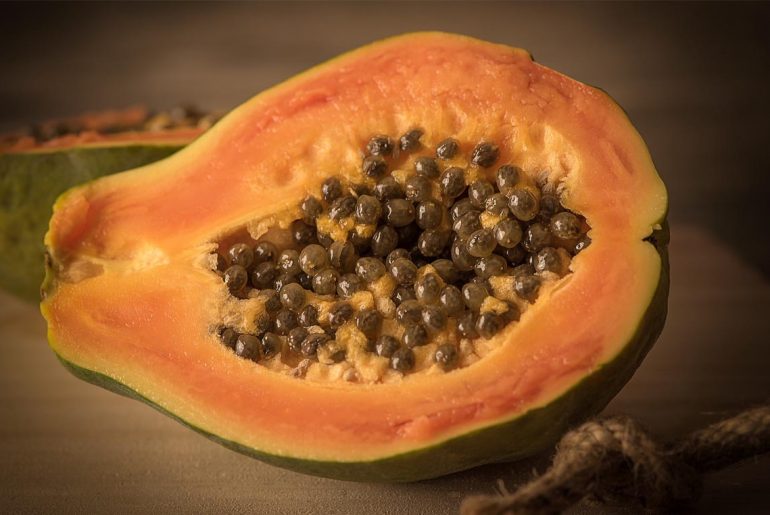A recent string of salmonella outbreaks may bring an early end to tropical summer fruit salads. Federal officials verified they have linked four separate salmonella outbreaks — totaling 215 illnesses — in recent months to papayas imported from Mexico.
The outbreaks were reported from 26 different states. The majority of the outbreaks were initially concentrated in the Midwest, Mid-Atlantic and the South with New Jersey, Virginia and Texas reporting the highest number of instances. The salmonella scare has since spread to Arizona, Colorado and California.
One Californian recently died, bringing the death toll to two. The other, a New Yorker, died after contracting salmonella in July.
One California-based producer, Bravo Produce, issued a papaya recall after investigators traced bacteria to shipments from Tijuana.
As standard procedure and in accordance with confidentiality laws, the FDA wouldn’t release the names if the retailers who sold the problematic produce. Instead, consumers are left to check their papaya’s ten-digit code again the FDA’s master list.
The string of outbreaks began back in December 2016, with the latest bad batch hitting U.S. grocery stores between August 10 and August 29.
“When it doubt, throw it out,” recommends the CDC.
Outbreak: 47 sick, 12 hospitalized w/ Salmonella linked to yellow Maradol papayas. Do not eat & throw away. https://t.co/6DoGtnyPp5 pic.twitter.com/bXqukEtkKN
— CDC (@CDCgov) July 21, 2017
The FDA’s protocol for staying mum on retailer names sparked an outcry from consumer-rights group Center for Science in the Public Interest. CSPI argued that it’s the FDA’s job of “helping Americans avoid foodborne illness.” And that while the names of the affected papaya farms have been released, U.S. consumers likely won’t know which farm their fruit came from, but they could quickly recall which food retailers they recently shopped, resulting in the salmonella outbreak ending sooner.
Salmonella bacteria can cause diarrhea, vomiting, stomach pain and fever. Symptoms usually being to show between 12 and 36 hours after eating an infected food, but they may begin as early as 6 hours after eating or as late as 72. Anyone can be infected, but young children, older adults and those with weakened immune systems are particularly susceptible.
(h/t Grub Street)




